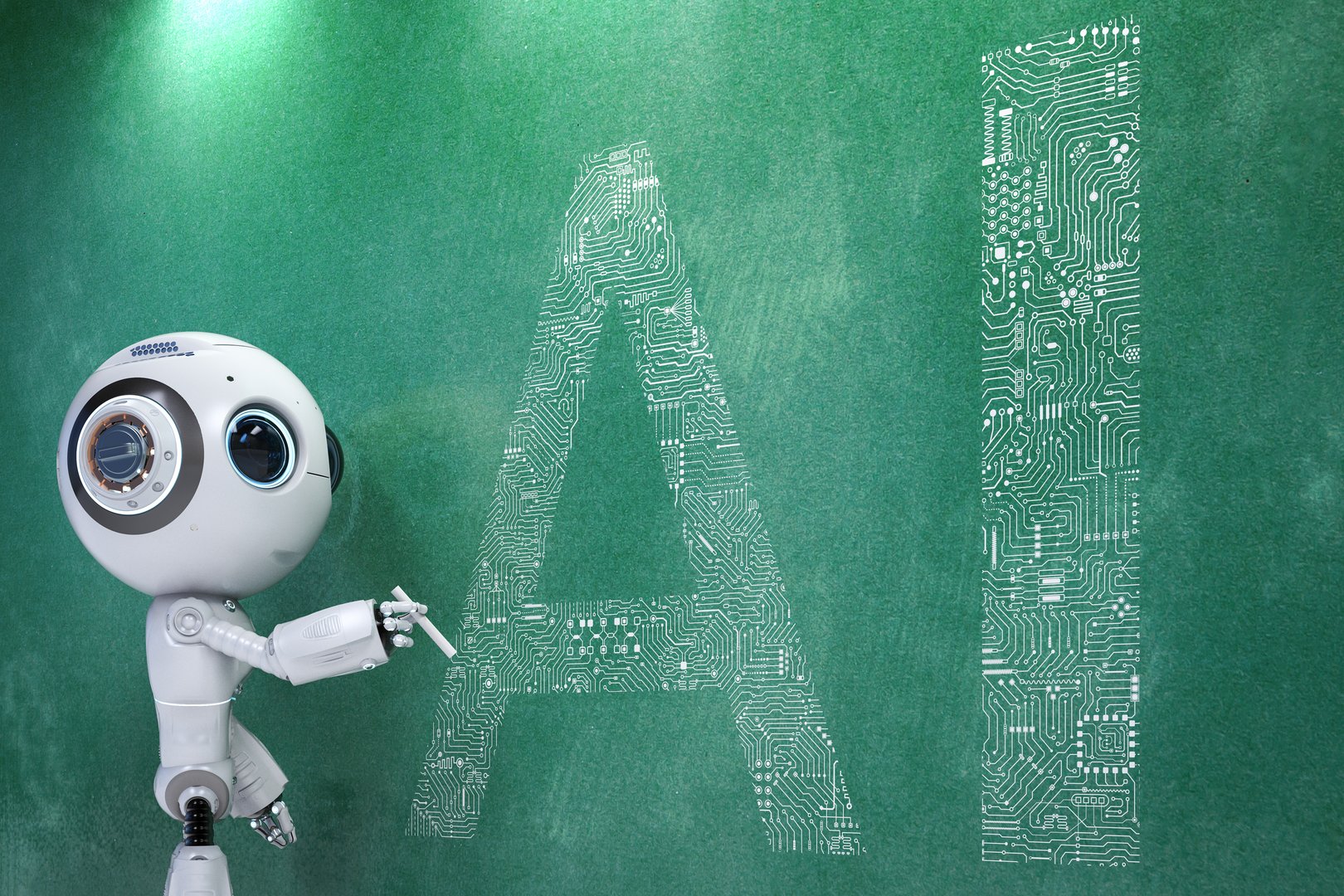By Maria Demosthenous
Embracing change: the learning and practice of music helps develop many of the skills needed in an ever more digital world
As we navigate an era of continuous and rapid changes, with the constant evolvement of new apps and software that use Artificial Intelligence, it is time to reassess and adjust our pedagogical approaches. It’s crucial to rethink the role that schools play in students’ lives. Education stakeholders need to redesign curriculums to keep pace with this rapid change.
Educators and school managers must remain agile and responsive in adjusting to the new realities of the education landscape. These changes should remain aligned with the evolving needs of the job market, ensuring that today’s students will become tomorrow’s successful adults. This is a huge topic that educators, businesspeople, parents and students can and should put their own perspective on.
Historically, education systems were tailored to create future employees based on the demands of the job market and inspired by the methods used during the industrial evolution. The concept behind the industrial revolution was that to create a product a certain number of ingredients were needed and a linear process applied. This method has also been applied in the design of curriculums and even through the initial pedagogical ‘recipes’ have changed, procedures have not.
However, with the onset of the AI era, the job market is undergoing a profound transformation, with increasing numbers of jobs being replaced by AI tools. This necessitates a recalibration of the educational paradigm, retaining students as the central focus while improving the tools, methods and subjects to cultivate a generation capable of thriving in the new job market.
Industry professionals often underscore the challenges of finding suitable employees. Skills such as initiative and willingness to learn are frequently cited as lacking among job seekers. Moreover, managers frequently highlight the challenges they face in leading teams, mentioning deficiencies in interpersonal communication, empathy and teamwork skills among team members. These obstacles pose daily challenges for managers and obstruct the growth and success of a company.
The transition to an AI-driven job market underscores the urgency for education stakeholders to reshape their approach to nurturing future adults who are equipped with skills to be able to adapt to the continuously evolving market while at the same time being equipped with skills that cannot be replaced by AI.
SCHOOLS GUIDE 2024
While addressing these challenges, educators must confront continuous questioning from students over the purpose of going to the school by creating learning environments that will strengthen all these human skills. Online communication provides vast global connectivity, but we shouldn’t forget the importance of face-to-face interaction. Real-life connections are essential, so educators must teach students how to interact both online and in person. And is there a place in all this for music?
Music education can play a vital role in the enduring power of face-to-face communication and collaboration. Beyond its intrinsic value as an art form, music fosters a myriad of skills essential for the AI era and the online job market. Emotional intelligence, communication skills, social cohesion, risk-taking, creativity and adaptability are all cultivated through music education, providing students with a holistic skill set necessary for success in the modern world.
In reimagining the role of music education in schools, educators must shift their focus from creating musicians to fostering essential skills. Music serves as a universal language through which students can develop emotional intelligence and effective communication. Collaborative musical activities promote teamwork and adaptability, bridging the gap between virtual and physical social interactions.
Keeping a steady beat in a group while playing a music game is a subtle yet powerful form of communication, since it instills a sense of unity among participants. Singing together enhances emotional intelligence and adaptability as students learn to adjust their voices in harmony with others. Singing songs from various countries helps students develop intercultural understanding while at the same time inclusive learning environments are created.
So, consider this, a child that learns from a young age to make music learns about integration, learns that all elements are not independent since everything, even tiny details, is important in music – the rhythm, the beat, the notes, the sounds, the emotions. Through experience people become more adaptive and develop emotional intelligence and learn to live in a world where everything matters.
Students develop critical thinking through music since they engage in various activities that require them to make decisions. They must decide when and how to play the next note, whether to play loudly or softly, quickly or slowly. Collaborating in music groups involves continuous observation through listening, feeling and watching to determine how to proceed. Additionally, participating in group music-making cultivates risk takers as participants risk playing the next note, and, even if mistakes occur, they learn to persevere and strive to perform their music to the best of their ability.
Now, more than ever, it is crucial to recognise the importance of strengthening music education in schools from a young age and placing trust in music educators. In a music classroom, the goal is not merely to train musicians, but to cultivate well-rounded individuals equipped with the skills necessary for success in the modern era.







Click here to change your cookie preferences